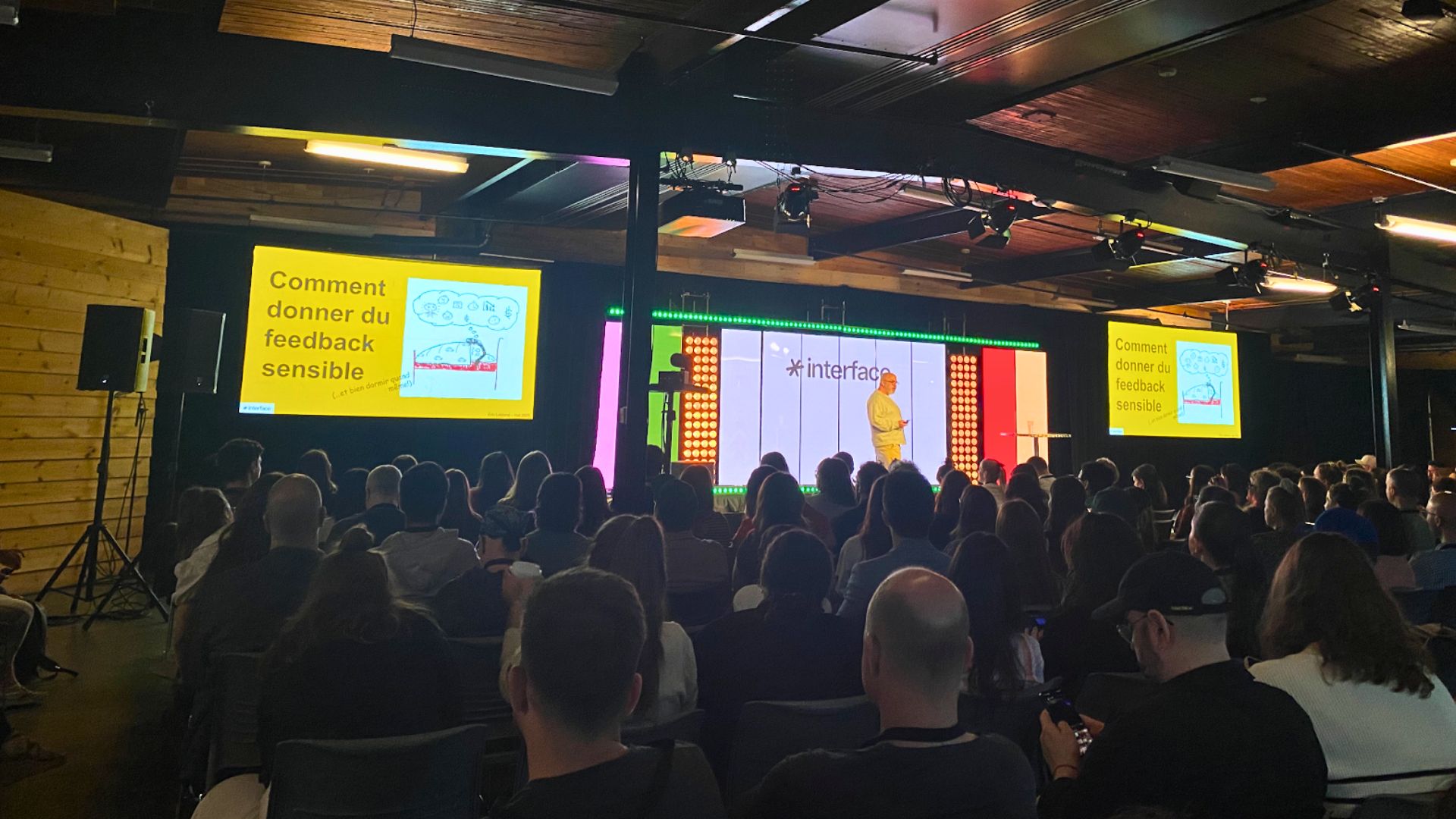« Je crois en la force de l’école, mais pas en sa toute puissance »! Voici avec quoi le sociologue belge Jacques Cornet a débuté sa conférence sur l’éducation émancipatrice tenue le dimanche 26 novembre 2017 à la Villa Arson de l’Université de Nice Sophia Antipolis.
Selon le sociologue, l’école n’a plus de sens parce qu’elle prêche des valeurs contraires à
la société. Les élèves ont d’ailleurs des difficultés à donner de la signification à leur démarche scolaire et à l’endroit où celle-ci se déroule en très grande partie.
De sévères critiques aux modèles pédagogiques établis
Cornet critique sévèrement les modèles pédagogiques ou modèles scolaires dominants :
L’école traditionnelle
L’école traditionnelle est basée sur la soumission au savoir et à celui qui détient ce savoir : le maître. Cela influe donc sur la posture éducative de l’apprenant ainsi que sur son rapport au savoir.
Les pédagogies « transmissives »
Dans les pédagogies dites « transmissives » ou « traditionnelles », il n’y a pas de place pour la créativité en classe, « comme dans n’importe quel régime totalitaire »! Voilà une métaphore puissante, qui signifie que l’enseignant doit tout contrôler en allant des savoirs transmis jusqu’au droit accordé d’aller à la salle de bain!
Selon Cornet, ce modèle est le plus répandu, alors qu’il n’est pas fondé sur une réflexion de la pratique. Il s’explique mal qu’un modèle aussi désuet ait pu se faufiler jusqu’à notre époque.
Le modèle rationnel
Le modèle rationnel, comme par exemple celui de l’enseignement explicite, en serait un basé sur le militantisme et l’objectivisme. Les contenus disciplinaires priment sur la méthode et sur les relations enseignant-élèves. Il y a aussi une priorité accordée au verbal et au cognitif. Selon Jacques Cornet, la préoccupation principale est de prouver ce qui fonctionne ou non lorsqu’il est question de « faire apprendre ».
Les pédagogies « active »
Les pédagogies dites « active » ou l’approche socio-constructiviste, elles, sont contraires aux approches explicites : les méthodes priment sur les contenus et l’aspect relationnel de la relation pédagogique.
Le modèle personnaliste
Le modèle personnaliste vise l’épanouissement de soi. La relation éducative prime sur les contenus et méthodes. L’accent est placé sur le plaisir d’être, de faire, de chercher et de s’exprimer.
La solution : l’école émancipatrice
Devant ces critiques, le sociologue en vient à une conclusion : les approches pédagogiques dominantes ont échoué, du moins en partie. Pour lui, l’éducation telle que nous la connaissons est en crise et l’éducation émancipatrice apporte des éléments de réponse qui sont à envisager.
Cette dernière veut promouvoir une école démocratique et humaniste en luttant activement contre les inégalités tout au long de la scolarité, lesquelles contribuent, entre autres, au décrochage scolaire. Elle veut instaurer un climat d’apprentissage propice en permettant aux élèves de s’auto-gérer, en proposant notamment des parcours personnalisés pour leur permettre d’évoluer à leur rythme. De plus, l’école émancipatrice se veut un lieu de construction de l’identité grâce à un accès soutenu à des lieux d’expression artistiques et culturels.
Fortement axée sur la transformation intérieure d’un système d’éducation incohérent, elle vise l’apport de la recherche de plusieurs sciences humaines telles que la psychologie, la sociologie, l’anthropologie et la philosophie.
Sans avoir statué sur les contenus ou le fonctionnement pédagogique, l’école émancipatrice est davantage axée sur la structure organisationnelle. Voici quelques points saillants de l’organisation qu’elle met de l’avant :
- L’école serait gérée par une équipe « tournante » et « renouvelable » de parents;
- Des assemblées fréquentes et inclusives assureraient le suivi et la planification des
activités scolaires; - L’élève serait considéré comme un interlocuteur à part entière, soit un individu avec des droits qui joue un rôle prépondérant dans l’organisation de ses activités scolaires et dont les décisions ont un impact immédiat sur son milieu;
- La collaboration serait incontournable. Les équipes professionnelles travailleraient en collégialité et en interdisciplinarité. En étant elles aussi « tournantes » et « renouvelables », elles seraient adaptées aux besoins de l’élève;
- La collaboration serait complète et continue entre les parents et l’équipe scolaire;
- Une atmosphère institutionnelle détendue, conviviale et respectueuse des différences de tous primerait.
Renouveler les activités d’apprentissage
En ce qui concerne les activités d’apprentissage, Jacques Cornet propose ceci :
- Une révision du temps scolaire, lequel serait mieux réparti dans l’année;
- Une révision des règles de fréquentation scolaire puisque, selon les tenants de l’école émancipatrice, les temps d’apprentissage varient selon les apprenants. Il est donc question, sans plus de précision, de « décloisonner le temps scolaire »;
- L’implantation de moments de parole et d’écoute mutuelles entre les élèves et avec les professionnels qui sont à pied d’œuvre avec eux;
- Un décloisonnement de l’école, sans égard à l’âge scolaire, où les élèves évoluent en fonction de leur progression académique, serait également implanté.
Autrement dit, la classe n’existerait plus selon la conception traditionnelle que nous en avons. Il existerait toujours des espaces physiques dédiés à combler les besoins des élèves. La libre-circulation entre ces espaces serait incontournable, et ce au moment qui sied le plus aux élèves.
Il s’agit d’une vision fortement de gauche, livrée par un militant auto-proclamé. En effet, le sociologue ne cache pas son parti pris pour l’approche. Notons enfin qu’elle est influencée par les travaux de Célestin Freinet, lequel a d’ailleurs souvent été cité en exemple.
Cet article fait partie d’une série publiée par notre auteur et collaborateur Marc-André Girard, dans le cadre de sa participation au Laboratoire d’innovation et du numérique en éducation (LINE) à l’Université de Nice Sophia Antipolis.
Vous pouvez lire l’ensemble des articles de cette série ici.














